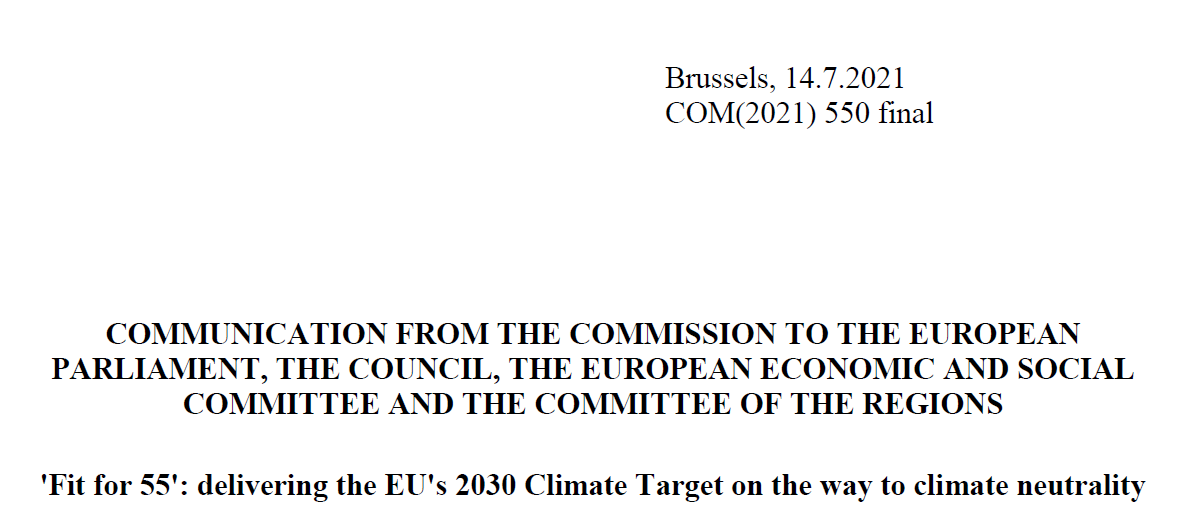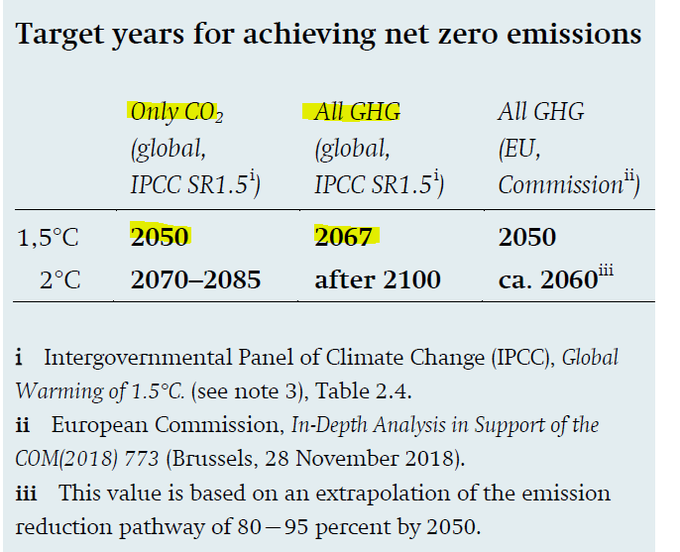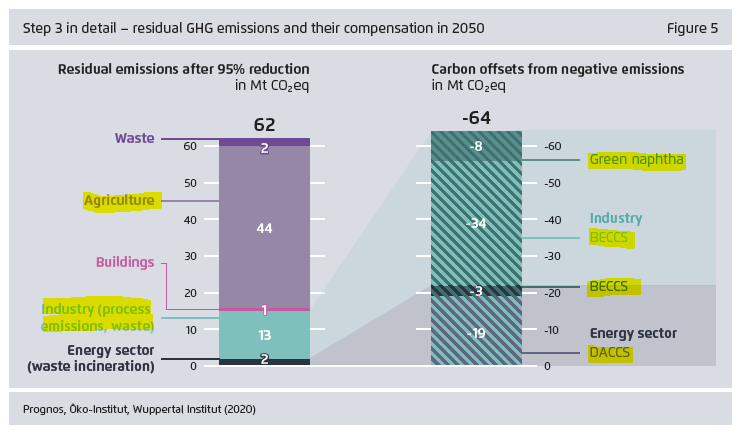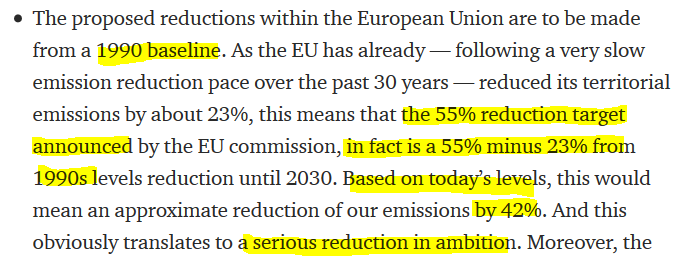
IPCC #AR6 WGI report on the physical science basis of climate change is out today.
Find the the Summary for Policymakers and the Full Report here ipcc.ch/report/ar6/wg1/
[1/n]
Find the the Summary for Policymakers and the Full Report here ipcc.ch/report/ar6/wg1/
[1/n]

Here's a short thread on Carbon Dioxide Removal, and how the #IPCC #AR6 WGI assessment (led by @KirstenZickfeld) relates to the WGIII report (due in March 2022)
ipcc.ch/report/ar6/wg1/
[2/n]
ipcc.ch/report/ar6/wg1/
[2/n]

First, some important context on remaining carbon budgets, pathways and net-zero emissions - since it doesn't make any sense to talk about Carbon Dioxide Removal (CDR) in isolation.
ipcc.ch/report/ar6/wg1/
#IPCC #AR6
[3/n]
ipcc.ch/report/ar6/wg1/
#IPCC #AR6
[3/n]
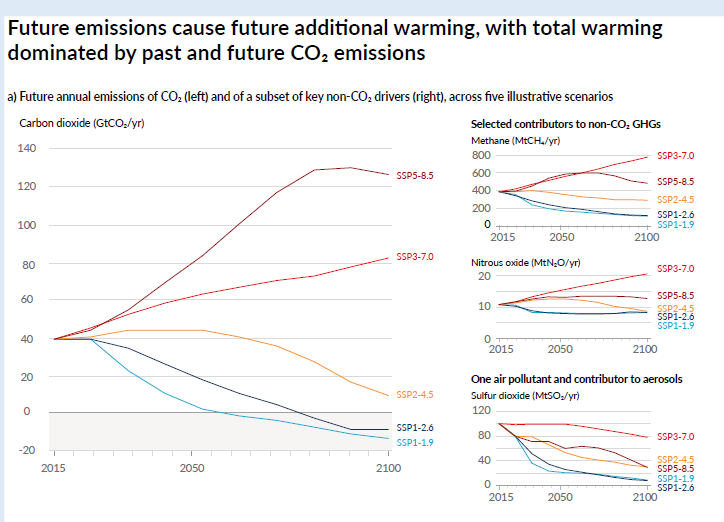
The updated 'remaining carbon budget(s)' show slightly higher numbers, compared to the 2018 IPCC Special Report on 1.5°C (#SR15)
[best to be explained by WGI lead author @JoeriRogelj]
ipcc.ch/report/ar6/wg1/
#IPCC #AR6
[4/n]
[best to be explained by WGI lead author @JoeriRogelj]
ipcc.ch/report/ar6/wg1/
#IPCC #AR6
[4/n]

Unlike in #SR15, updated carbon budgets aren't accompanied by new mitigation scenarios. Hence, there's no updated information on net-zero emission years yet, and no new numbers on CDR volumes.
This information will come from #IPCC WGIII in March 2022
ipcc.ch/report/ar6/wg1/
[5/n]
This information will come from #IPCC WGIII in March 2022
ipcc.ch/report/ar6/wg1/
[5/n]

Also unlike #SR15, #IPCC #AR6 more clearly distinguishes between net zero CO2 (stabilizing temperature) and net zero GHG (leading to a slight temperature decline, when based on GWP100).
And to reach 'net' zero, you need Carbon Dioxide Removal...
ipcc.ch/report/ar6/wg1/
[6/n]
And to reach 'net' zero, you need Carbon Dioxide Removal...
ipcc.ch/report/ar6/wg1/
[6/n]

#IPCC #AR6 WGI focus is on 'systemic' aspects of CDR.
Different from widespread perceptions, CDR won't only be needed to reach 'net negative emissions' but already for 'net zero', by compensating for 'hard-to-abate' emissions, e.g. from agriculture
ipcc.ch/report/ar6/wg1/
[7/n]
Different from widespread perceptions, CDR won't only be needed to reach 'net negative emissions' but already for 'net zero', by compensating for 'hard-to-abate' emissions, e.g. from agriculture
ipcc.ch/report/ar6/wg1/
[7/n]

On a 'systemic' level, it makes sense to talk about CDR 'as such', but on the implementation level, it is better to talk about CDR methods and acknowledge context dependence. This will mainly be done by WGs II & III.
#IPCC #AR6
ipcc.ch/report/ar6/wg1/
[8/n]
#IPCC #AR6
ipcc.ch/report/ar6/wg1/
[8/n]

Having said that, WGI ch5 does a great job in assessing general characteristics of CDR methods.
Please note that the ordering follows the timescale of carbon storage. The main goal of implemeting CDR is removing carbon durably
#IPCC #AR6 ipcc.ch/report/ar6/wg1/
[9/n]
Please note that the ordering follows the timescale of carbon storage. The main goal of implemeting CDR is removing carbon durably
#IPCC #AR6 ipcc.ch/report/ar6/wg1/
[9/n]

Net negative CO2 emissions (starting before net zero GHG) will lead to lower atmospheric CO2 concentrations. Climate system effects of removals & emissions largely symmetric, but this depends on CDR volumes & background climate scenarios
#IPCC #AR6 ipcc.ch/report/ar6/wg1/
[10/n]
#IPCC #AR6 ipcc.ch/report/ar6/wg1/
[10/n]

Last message on CDR in SPM: even if large-scale CDR will work & global net negative emissions can be achieved (& temperature increase reversed), sea-level rise would continue.
Read: better don't emit CO2 in the first place than try to remove later
ipcc.ch/report/ar6/wg1/
[11/n]
Read: better don't emit CO2 in the first place than try to remove later
ipcc.ch/report/ar6/wg1/
[11/n]

For more detailed assessments on CDR, have a look at WGI ch5 ("Global Carbon and other Biogeochemical Cycles and Feedbacks"), section 5.6.
And don't forget to also check ch4 , esp. 4.6.3.2 ("Climate Response to Mitigation by CDR")
#IPCC #AR6 ipcc.ch/report/ar6/wg1/
[12/n]
And don't forget to also check ch4 , esp. 4.6.3.2 ("Climate Response to Mitigation by CDR")
#IPCC #AR6 ipcc.ch/report/ar6/wg1/
[12/n]

And here's now the promised explainer on the #IPCC #AR6 'remaining carbon budget' update, by lead author @JoeriRogelj
[4a/n]
[4a/n]
https://twitter.com/JoeriRogelj/status/1424743782646439944
And here's already the 'bonus package' for the real IPCC nerds - the @IISD_ENB analysis of the #IPCC #AR6 WGI SPM approval session
enb.iisd.org/climate/IPCC/I…
[13/n]
enb.iisd.org/climate/IPCC/I…
[13/n]

The @IISD_ENB report delivers some valuable insights into negotiations on the #IPCC #AR6 WGI Summary for Policymakers, e.g. on how the SPM (not the report itself!) should refer to Carbon Dioxide Removal.
enb.iisd.org/climate/IPCC/I…
[14/n]
enb.iisd.org/climate/IPCC/I…
[14/n]

• • •
Missing some Tweet in this thread? You can try to
force a refresh


